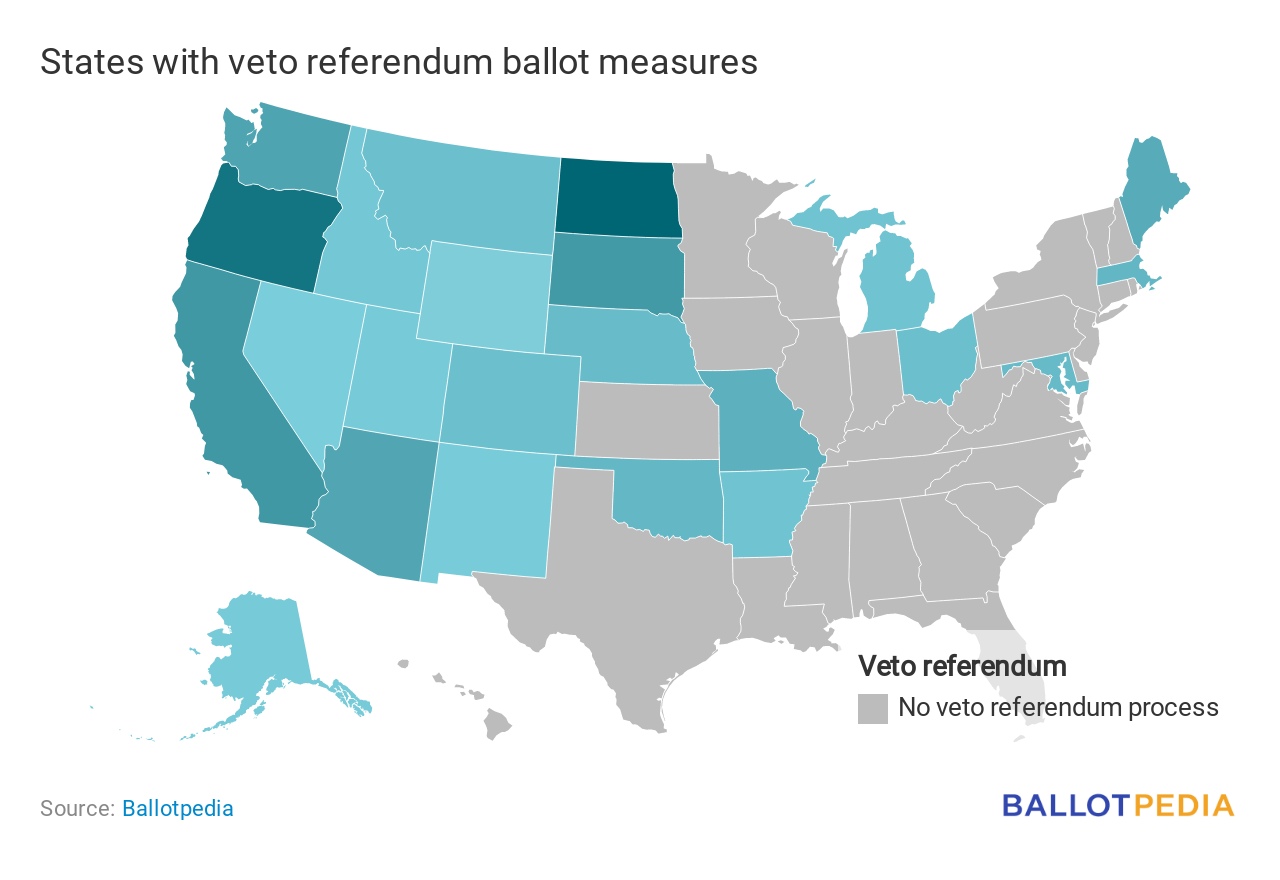White House agency reviewed 51 significant regulatory actions in July
You may not be familiar with it, but the White House Office of Information and Regulatory Affairs (OIRA) is a federal office within the Office of Management and Budget that reviews the actions of other federal agencies. It was created in 1993 by an executive order issued by President Clinton.
OIRA’s responsibilities include regulatory review, clearance and approval of government information collection requests, and oversight of government statistical practices and privacy policies. It is also responsible for reviewing and coordinating what it deems to be all significant regulatory actions—rules that may have a large impact on the economy, environment, public health, or state and local governments and communities—made by federal agencies.
OIRA reviewed 51 significant regulatory actions in July issued by federal agencies. It approved one rule without changes and approved the intent of 45 rules while recommending changes to their content. Five rules were withdrawn.
As part of its review process, OIRA examines the rulemaking agency's analysis of the costs and benefits of the rule. It also attempts to ensure that executive agency policies reflect the priorities of the president. OIRA has 90 days—with a possible 30- day extension—to complete its review of a significant regulatory action.
OIRA has reviewed 235 significant rules so far in 2019. The agency reviewed 355 significant rules in 2018 and 237 significant rules in 2017. OIRA’s website listed 120 regulatory actions under review as of August 8.
Learn more
|
Washington voters to decide state affirmative action policy in November
Washington voters will decide November 5 whether to allow affirmative action to be used when considering a person for public education or public employment opportunities. Referendum Measure 88 (R-88) will appear on the ballot before voters as a veto referendum. This referendum petition effort seeks to overturn the legislature's approval of Initiative 1000 (I-1000), which would allow affirmative action without the use of quotas by the state of Washington.
The path to the ballot for R-88 is an example of the chain reaction of our political process in action. A series of political events led to this point, so buckle up for a summary of how we got here:
- I-1000 originally qualified for the 2019 ballot February 7 through a successful petition drive. As an Initiative to the Legislature—the name of indirect initiatives in Washington—the state legislature had two options: a) approve it or b) have voters decide it as a statewide ballot measure.
- I-1000 was approved by the legislature in April by a 56-42 vote in the state House and a 26-22 vote in the state Senate, with all votes in favor coming from Democratic legislators.
- Following the approval of I-1000 by the legislature, a campaign was started to place a veto referendum before voters. That campaign—R-88—was certified August 7, requiring that voters decide whether or not to enact I-1000 through a vote on R-88.
Washington Initiative 200, approved by voters in 1998, banned affirmative action, discrimination, and preferential treatment based on certain characteristics, such as race, sex, color, ethnicity, or national origin. I-1000 was designed to explicitly allow the state of Washington to implement affirmative action laws and policies while continuing to ban discrimination and preferential treatment—meaning those characteristics could not be the sole or deciding factor when considering a person for education or employment opportunities.
I-1000 was sponsored by the One WA Equality Campaign and was supported by Washington Governor Jay Inslee (D) and the NAACP. Regarding I-1000, Inslee said, “I-1000 is a well-considered approach to updating our state’s policies and ensuring diversity, equity and inclusion in government contracts, employment and schools.”
Let People Vote led the R-88 petition drive and is leading the campaign for a vote against I-1000 at the November election. Let People Vote stated, “I-1000...would abolish the standard of equality for all, regardless of races, sex, color, age, ethnicity, or national origin, as required by Washington Civil Rights Act, and replace it with a system that uses different rules for people of different races.”
Washington voters have decided 37 statewide veto referendum measures since 1914. Thirty, or 81%, have resulted in the targeted bill being repealed. Two previous referendum efforts were filed against Initiatives to the Legislature—such as I-1000—that were approved by the legislature rather than being placed on the ballot. Both veto referendums—one in 1943 and the other in 1995—succeeded in overturning the initiative.
The map below identifies the 23 states that provide for citizen-initiated veto referendums: States in a darker shade have had more veto referendums. Between 1906 and 2018, voters decided 521 veto referendums in 23 states, repealing 340—65.3%—of the targeted laws.

Learn more→
|
Special election to be held to replace sole Republican on Los Angeles city council
The city of Los Angeles is holding a nonpartisan special election August 13 for one of 15 city council seats. John Lee and Loraine Lundquist advanced from a primary field of 15 candidates June 4.
Mitchell Englander—who was the only Republican on the city council—resigned his seat in December 2018 to work for a sports and entertainment firm.
Lee finished first in the primary, receiving 19.2% of the vote. He was endorsed by the L.A. Jobs PAC, which is sponsored by the Los Angeles Area Chamber of Commerce. Lee is Englander’s former chief of staff and is described by the Los Angeles Times as a Republican. Lundquist—who was endorsed by The Los Angeles Times and Our Revolution—was second in the primary with 19%. Lundquist is a university professor and describes herself as a Democrat.
Los Angeles voters approved a change to the city charter in 2015 that moves municipal primary and general elections to June and November of even-numbered years beginning in 2020 to align them with federal and state elections. The seven even-numbered city council seats will be up for election in 2020 and the eight odd-numbered districts will be up for election in 2022.
Learn more→
|